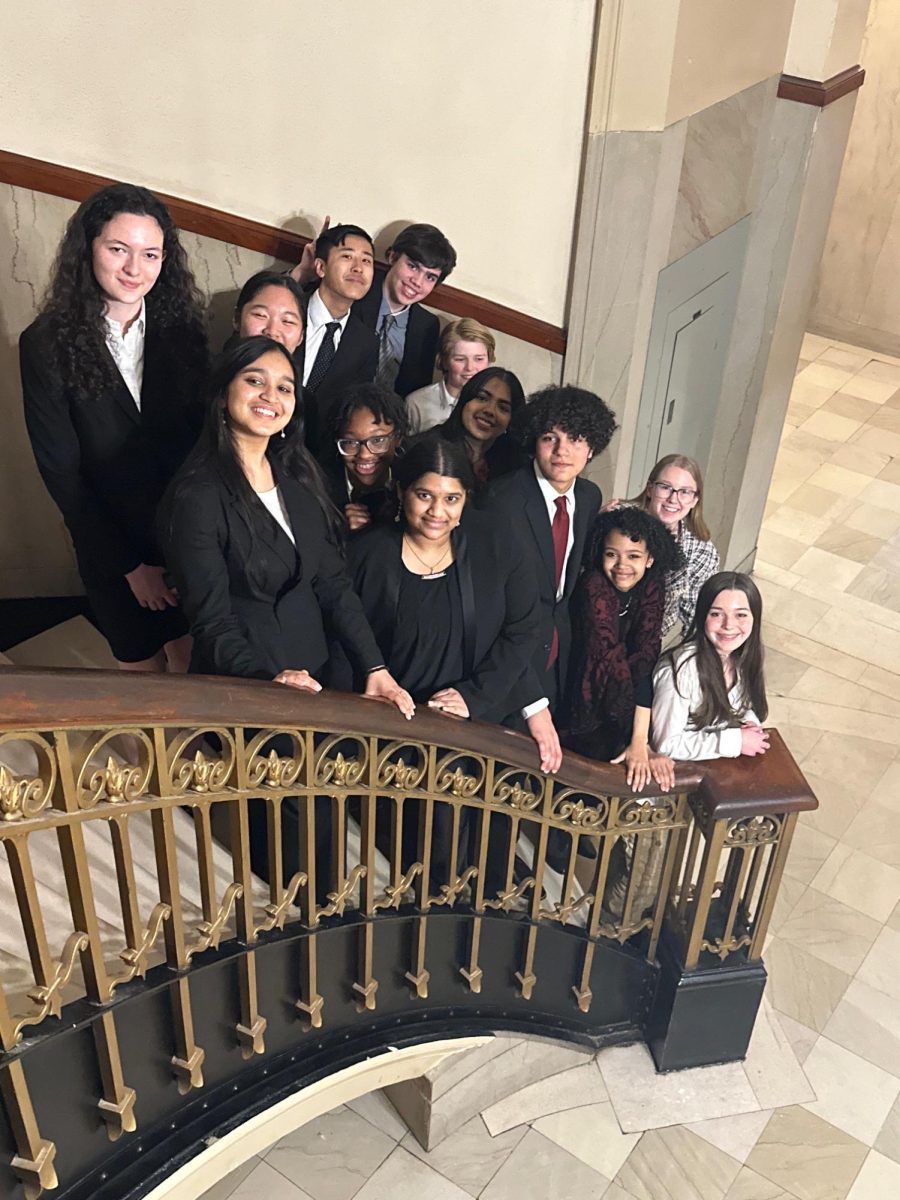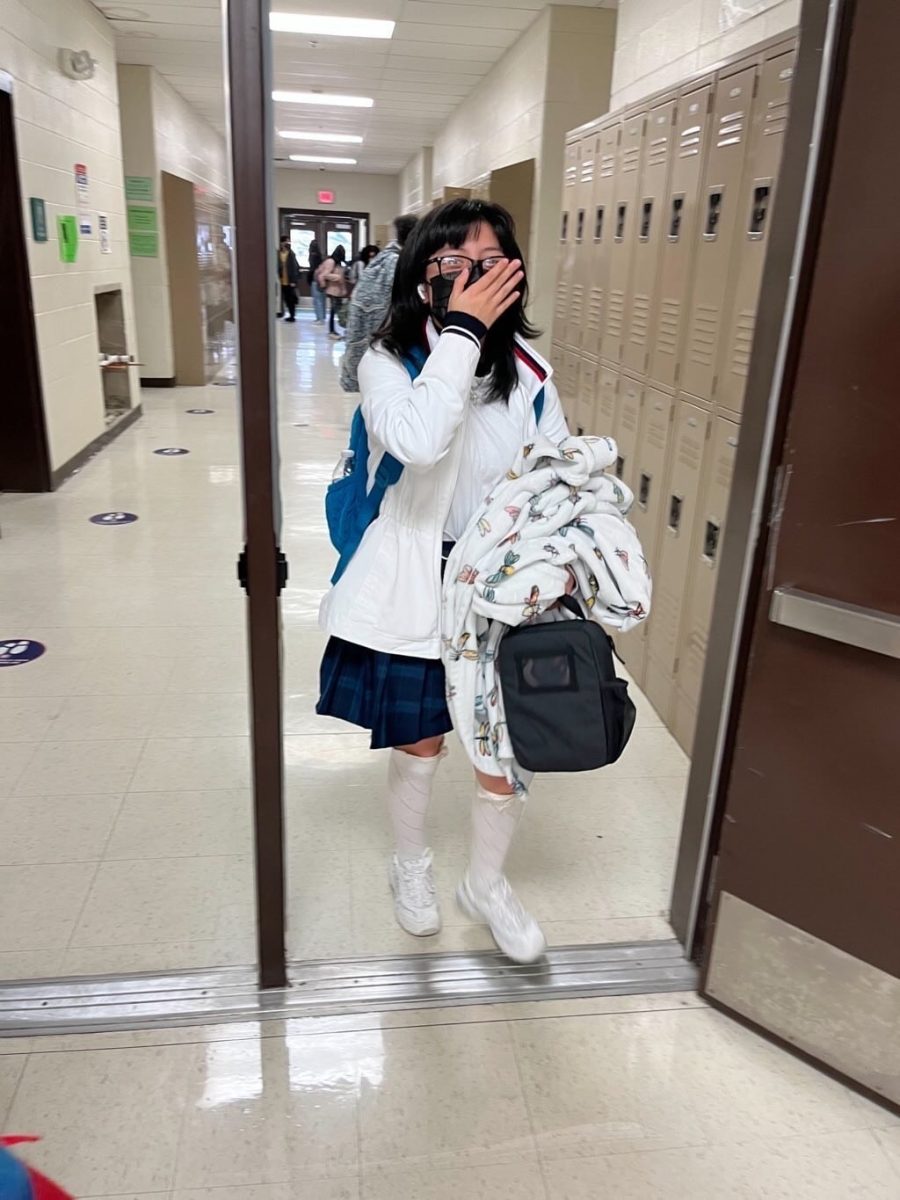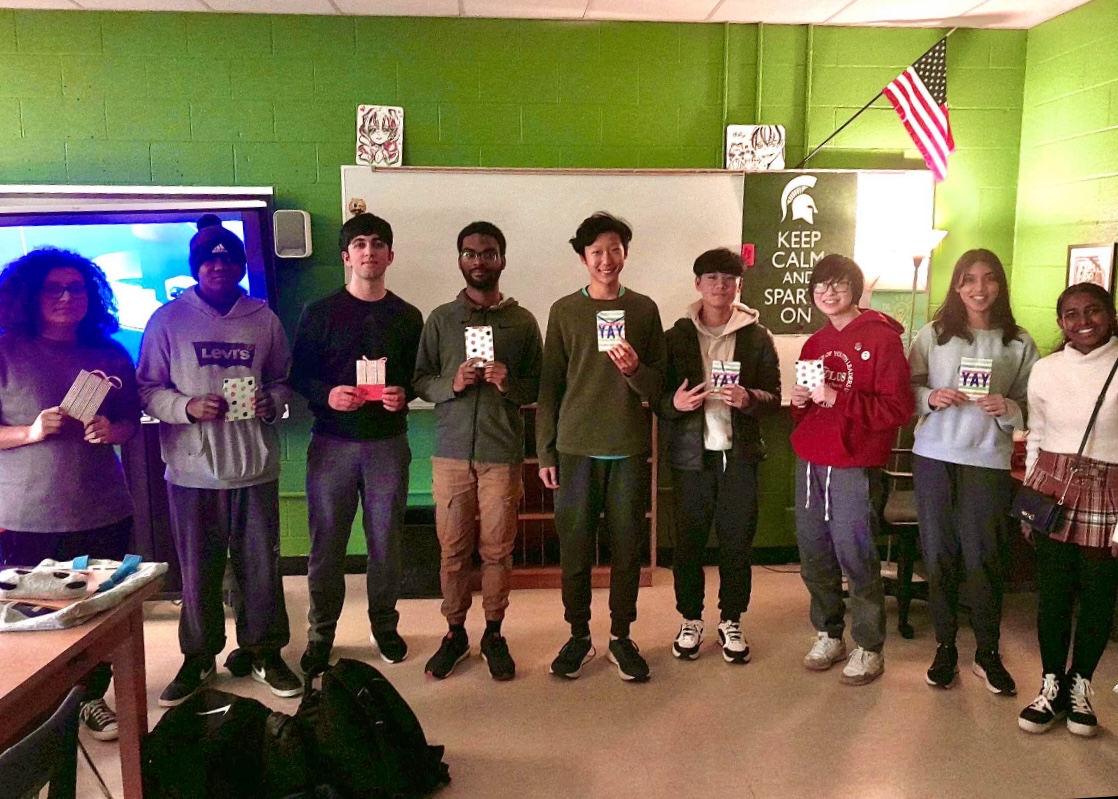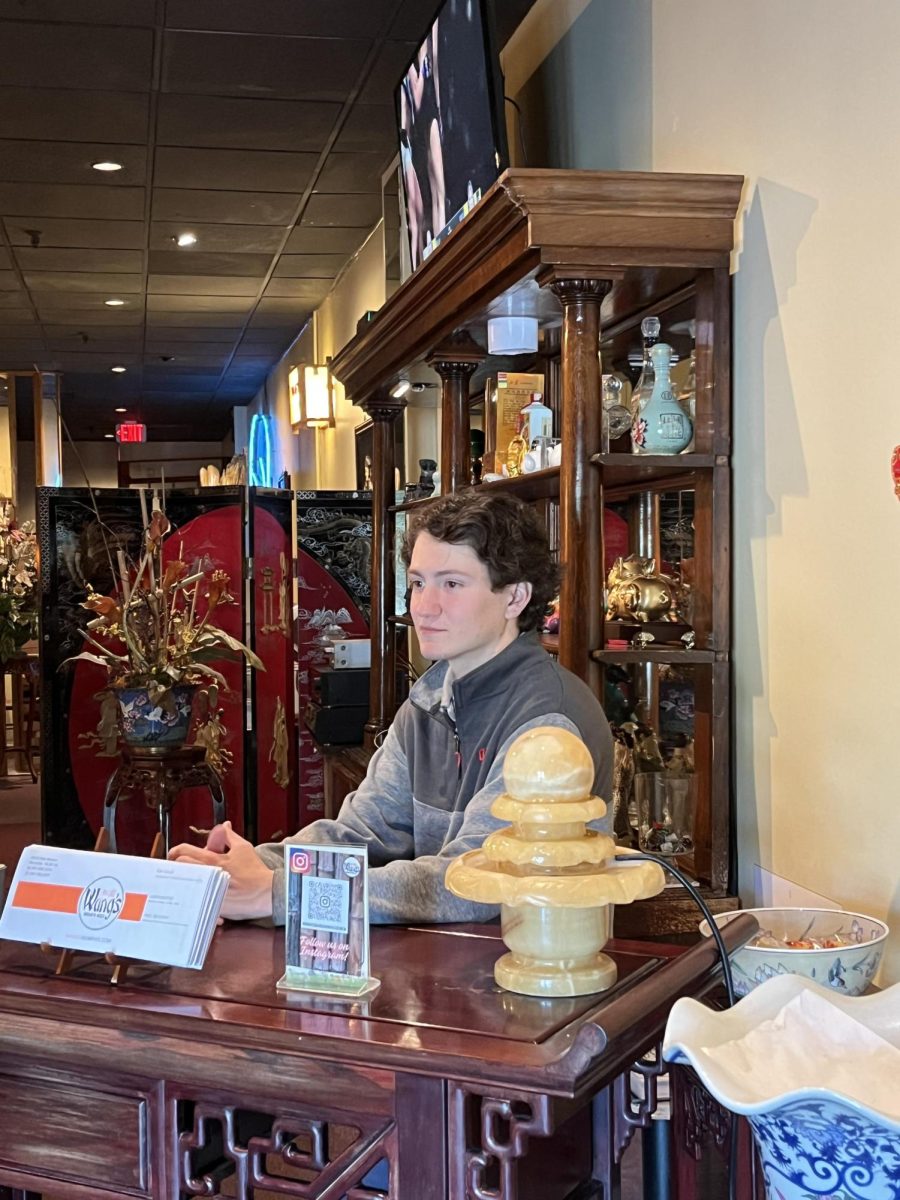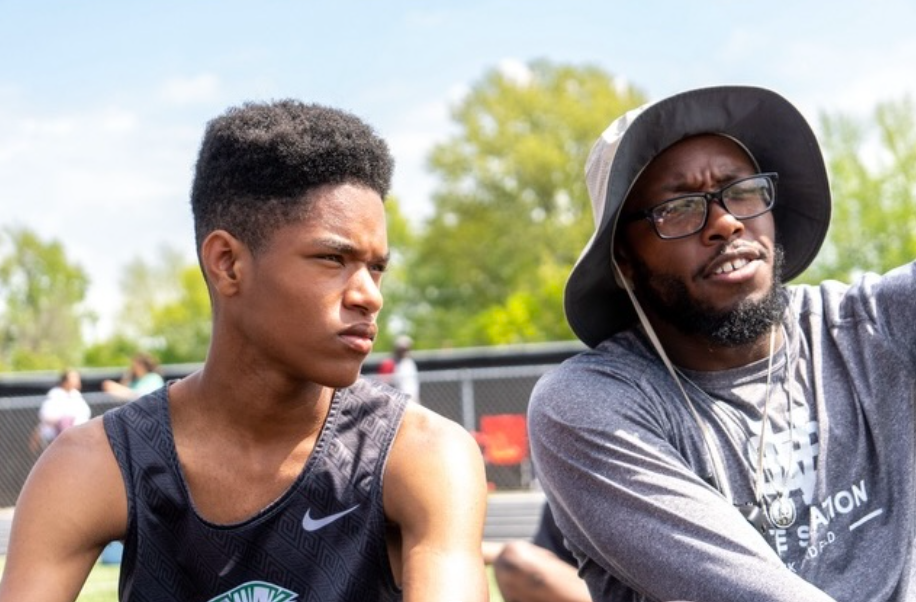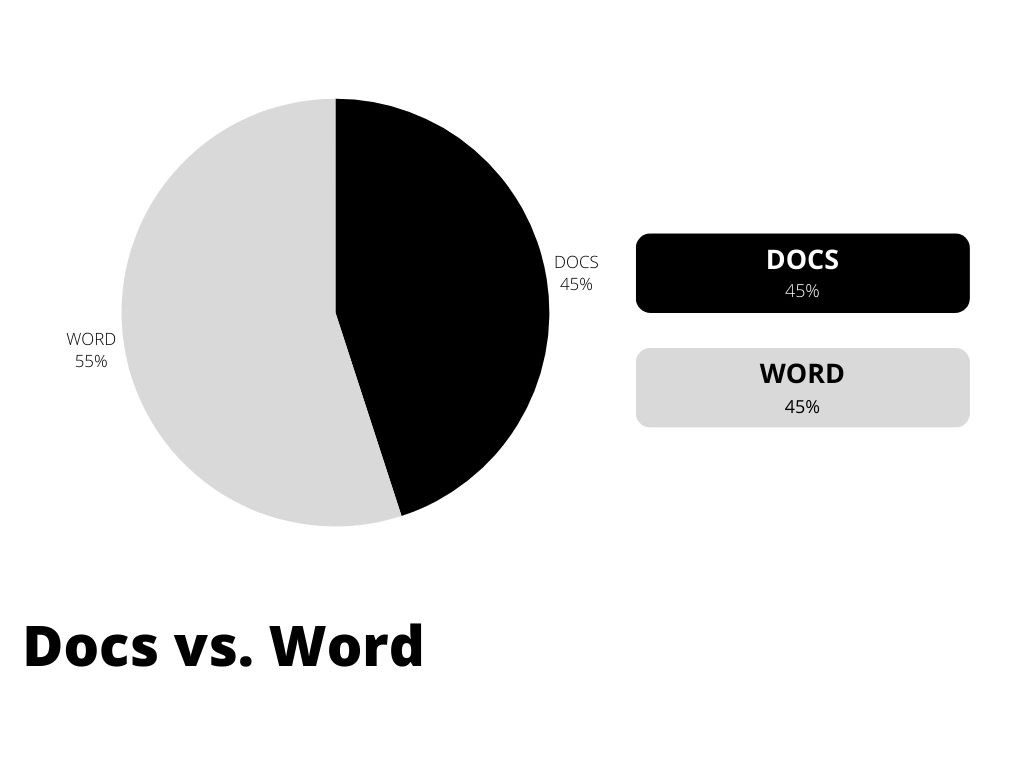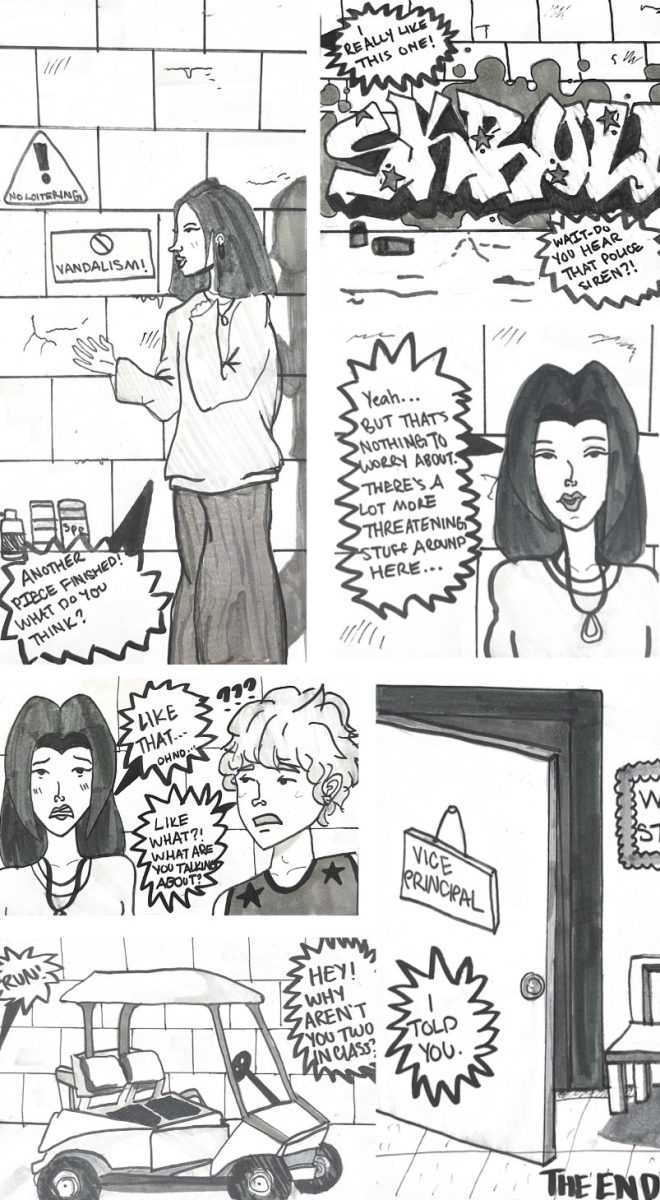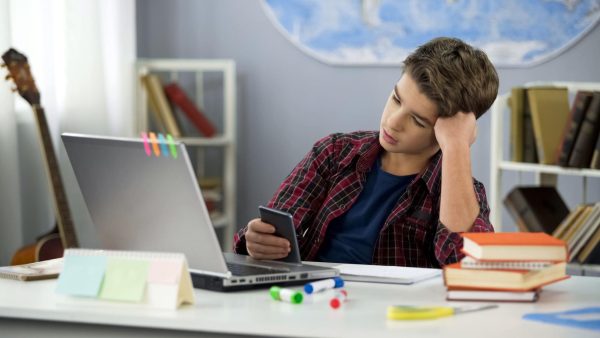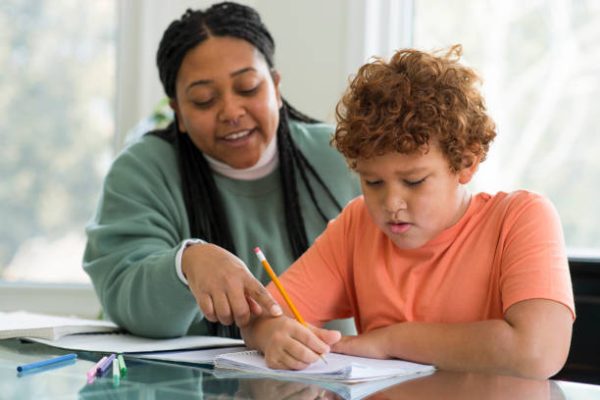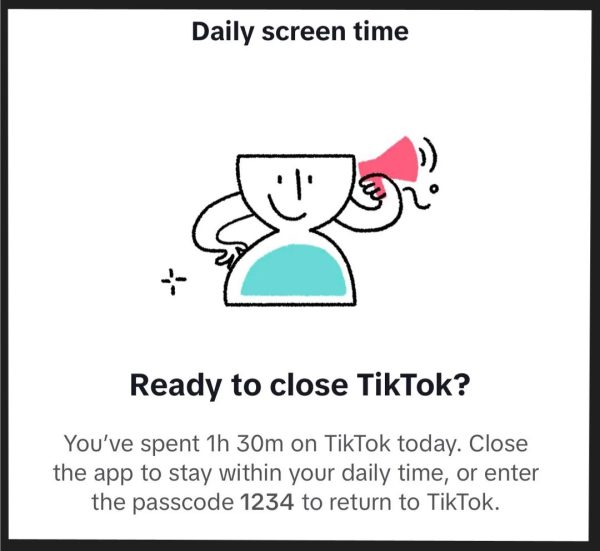Surviving the mental and physical consequences of online school
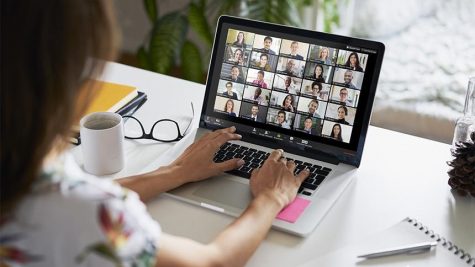
Although switching to online school was no doubt the best way to avoid the spread of the coronavirus, the effects of virtual school are still concerning. Increased screen time can lead to obesity, vision issues, chronic back pain, poor sleep and impaired cognitive function.
Sore necks, overstrained eyes and fatigue: this is what the day entails for students who see virtual school as one long cycle of physical and mental exhaustion. The sudden changes in students’ work environments and decrease of social interaction are strenuous, especially if students fail to adapt to the physical and mental changes of online school.
When the maximum daily recommended screen time for teens is three to four hours, it is concerning that students now have to adjust to at least seven hours of screen time a day.
“Most of us are not used to using our devices for eight hours, so when you’re working in the classroom and you have homework on the computer too, it just adds to the fatigue,” English teacher Adrien Alsobrook said.
With students constantly glued to the screen, spending about five hours on average on phones alone, battling the effects of screen time is even more important. High screen times can cause headaches, irritated eyes and blurred vision. Thankfully, there are many options students have to relieve their eyes, like turning on night mode, which reduces the amount of harsh blue light.
“Try to avoid eye strain. Make sure that you are blinking. Look around and move your eyes; this can be a little exercise to help them from getting so fatigued. Check the lighting in the room,” Alsobrook said.
Virtual school is introducing teens to what it is like to have a nine-to-five desk job, and with this experience also comes the threats of weight gain, high blood pressure and many chronic illnesses.
“I think not going to school definitely won’t be beneficial to our physical health since we sit around all day long. However, if we can’t even play sports for the school, I think this will have a major negative effect on students’ physical health,” Anna O’Guin (12) said.
If students do not properly use their 15-minute breaks in between classes, they may not get the exercise they need and experience health consequences later on.
“Instead of plopping down on the sofa to watch a movie… walk outside, get some fresh air. Do something that is active to get your face and mind off of the computer,” Alsobrook said.
Another consequence of the online school experience is a higher risk of mental health issues. Before the coronavirus, depression rates were already higher than they have ever been in the U.S., but now many teens are almost completely cut off from their friends. According to a Gallup Poll conducted in June, three out of ten parents complain that their child faces emotional or mental harm being away from friends.
“The lack of social interaction is what makes it unbearable. When we were in school, sometimes just getting to talk to my friend for three minutes in between classes could brighten my day. But now I don’t get to see any friends, acquaintances or teachers the entire school day,” O’Guin said.
Adding to this, many students find themselves extremely stressed trying to complete all the work assigned to them before the 12 a.m deadline. This may be because it is now easier for teachers to assign work in large quantities.
“Other students and myself have felt a greater strain of class and homework since online school has started. Some teachers seem to be assigning more work than they usually would which is definitely not what anyone needs right now,” O’Guin said.
Virtual school has made it even more important for teens to find ways to stay mentally healthy. This could be something as simple as listening to music or exercising.
“To stay mentally healthy, I think it really depends on the person. Personally, I rely on my faith to help me, but others may want to explore meditation, mindfulness and/or therapy. Having friends and family close by always helps too,” O’Guin said.
One thing that many parents, teachers and students can agree on is that online school was the safest choice, even with all of the consequences.
“I am glad that the decision was made to go totally remote. It would have been a matter of time before there would have been exposure to Covid-19. Keeping teachers and students safe should be the number one concern,” Debby Howell-Maroney, a parent of a White Station student, said.
Your donation will support the student journalists of White Station High School. Your contribution will allow us to purchase equipment and cover our annual website hosting costs.

